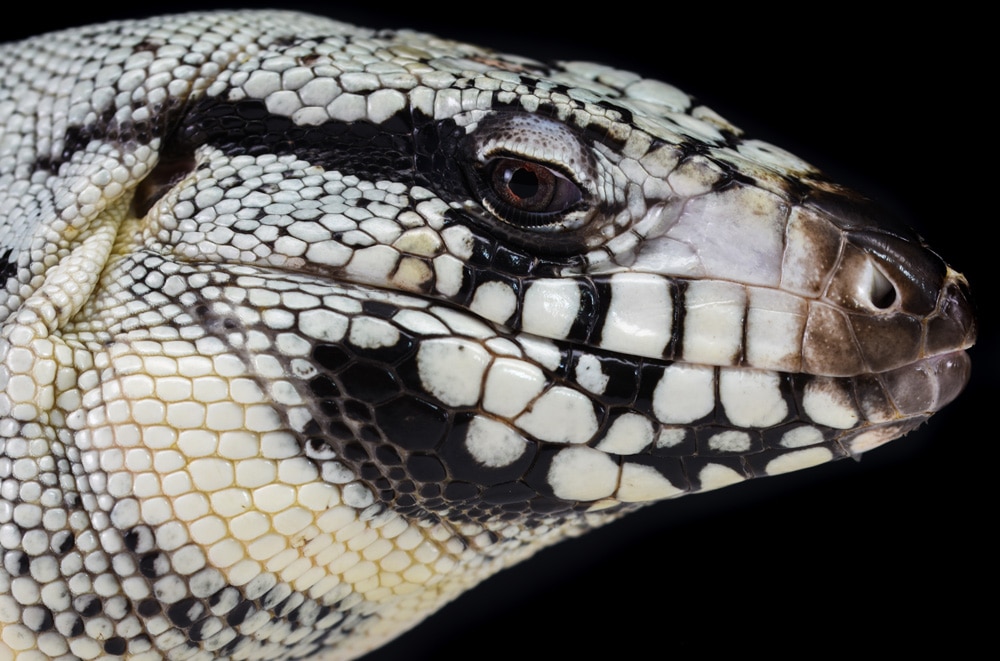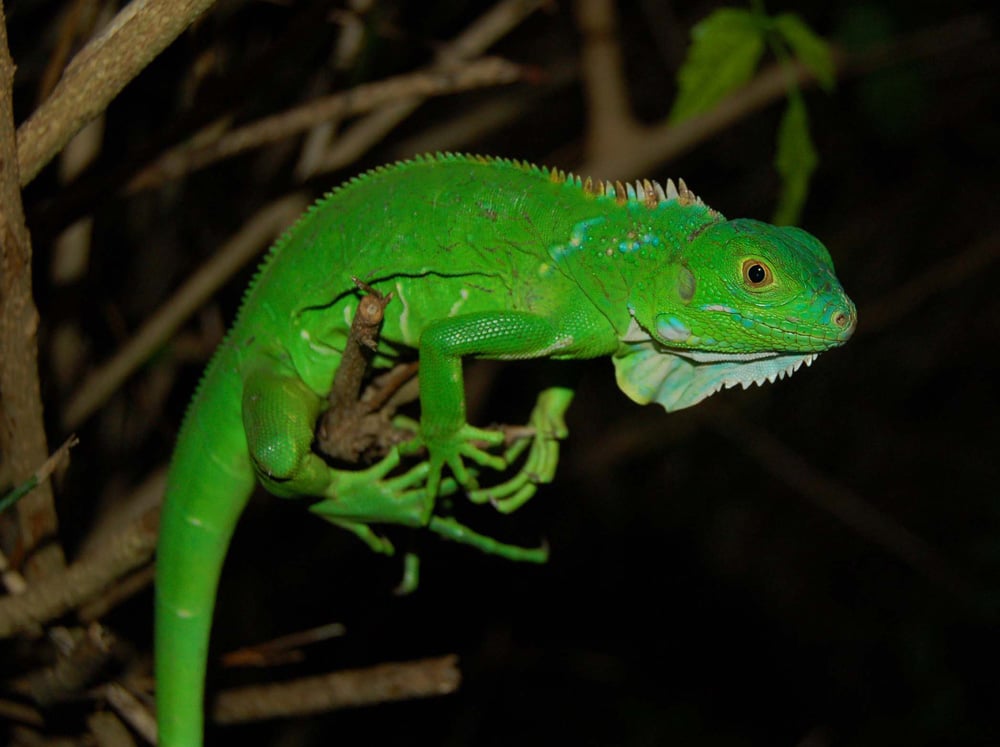Before the ban, reptile businesses were exporting hundreds of thousands of Green iguanas from the state. Most of these were freshly-hatched babies
Since the Florida Fish and Wildlife Conservation Commission (FWC) listed Green iguanas, tegus, and Burmese pythons as “Prohibited Species” in 2021, banning live collection of these species from the wild in Florida, populations of those species have continued to expand. FWC’s restrictive Conditional Species rules, which were already in place at the time, had virtually eliminated the keeping of listed species as pets, but still allowed removal from the wild. Because of the Prohibited Species rules, most wild collection and export of the affected nonnative species ceased.
FWC never provided scientific justification that banning the collection, keeping, and sale of these species would reduce their wild populations in Florida. We can see now that it has had the opposite effect, while at the same time leading to the confiscation and killing of numerous pet reptiles. In the grizzly “Holy Thursday Massacre” event on April 6th, 2023, FWC officers were caught on camera killing over 30 pythons and a legally-owned pregnant Boa constrictor, which they apparently misidentified.

Argentine Black and White Tegu- Photo by Travis de Lagerheim
Before the ban, reptile businesses were exporting hundreds of thousands of Green iguanas from the state. Most of these were freshly-hatched babies. In 2021, most of that collection and export ceased.
FWC staff recently proposed changes to rules regarding the management of Green iguanas and tegus. In a series of virtual meetings, FWC staff indicated that the objective of these changes is to activate more citizens to remove these nonnative species from the wild. However, the general feeling amongst the reptile keepers and business owners who commented was that, though some of the proposed changes were a step in the right direction, the regulations are still convoluted to the point of discouraging collection of wild iguanas and tegus.
FWC’s proposal will allow certain businesses who qualify to be permitted to sell and export Green iguanas out of state. Collectors may not sell or export the iguanas they catch on their own, but may be compensated by commercial permit holders in exchange for their animals. No new commercial permits will be issued for tegus and non permitted individuals may not collect tegus. Black and White tegus are currently an emerging nonnative species in Florida. Tegus are not nearly as common as Green iguanas in the wild at this time, but it is believed that they have the potential to expand their range in Florida. FWC is taking no new measures to allow expanded take of wild tegus in Florida.
Permitted sellers of tegus will continue to be required to microchip all lizards taken in from the wild and exported, even if these animals are only kept for a short period of time within Florida. Reptile keepers believe that microchipping is hazardous to the health of the lizards, especially the babies.
Excessive caging requirements requiring concrete block enclosures will remain in effect, which will continue to ensure that few keepers or businesses can participate.
These rules require that any eggs laid or found be destroyed, thus removing any profit motive for collectors targeting nests or gravid female lizards. FWC’s rules will actually incentivize collectors to leave gravid females and nests so that they can hatch in the wild and the babies can be collected after hatching.
The FWC Commissioners will meet May 21-22 in Ocala, FL. At this meeting, FWC staff is expected to present rule changes affecting Nonnative Species.
Reptile keepers and conservationists are concerned that bureaucratic red tape will continue to discourage efforts to reduce wild populations of these nonnative species. Unless FWC is willing to consider more rule changes, especially concerning caging, microchipping, and further increasing the number of permit holders, collection of Green iguanas and tegus from the wild will not be economically feasible on a large scale, which will continue to allow wild populations of these nonnative species to continue to propagate and expand.
For more info, please see this video on USARK FL’s YouTube channel:
https://youtu.be/M8G4JdZp_C4?si=Vkpck35Je7hEtb3K
For more information on this topic, or to schedule an interview, please contact Daniel Parker, USARK FL Director of Media, at 863-441-5067 or email media@usarkfl.net.



